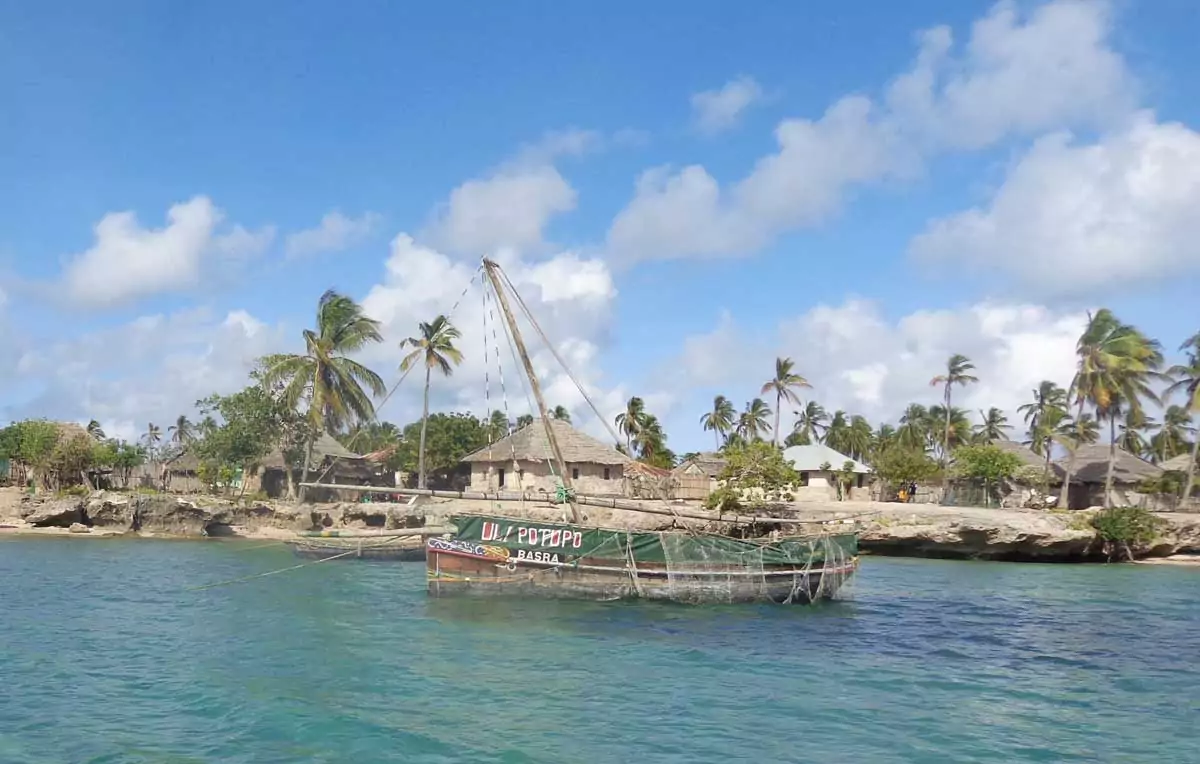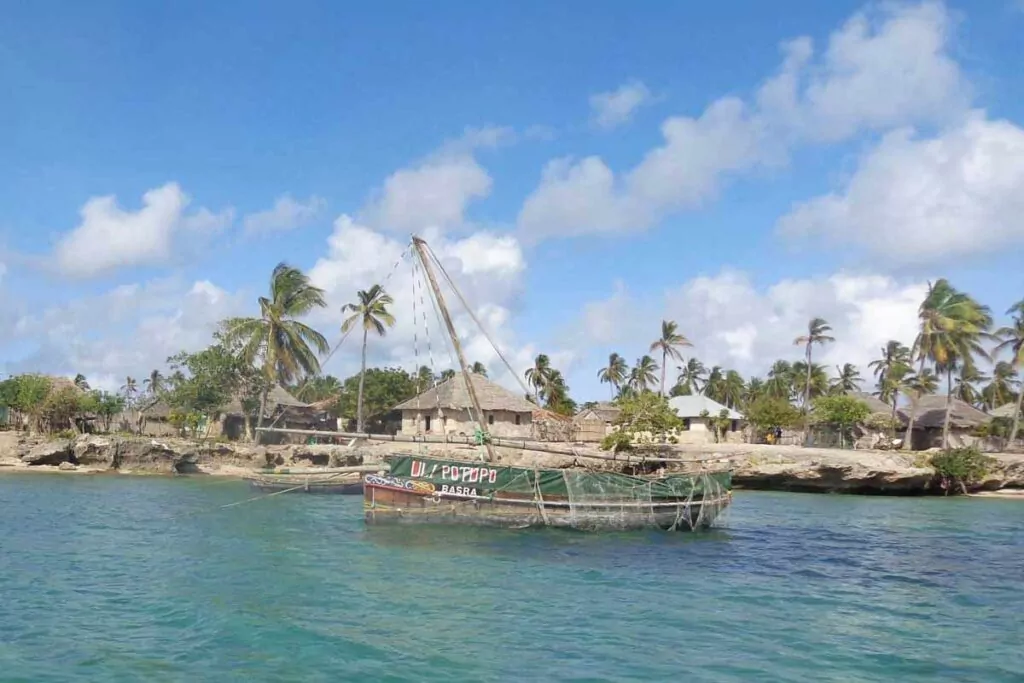The selected project “Participatory Modeling for Nature-based Solutions in the WIO-Region“ (PAMO) will provide decision makers with decision support tools to facilitate the implementation of Nature-based solutions (NbS) in the Western Indian Ocean region. The proposed decision support tools facilitate developing scenarios and making decisions on the protection and sustainable use of coastal ecosystems. The project provides a step forward moving from analysing individual NbS to facilitating an NbS-based management of coastal resources by integrating knowledge from local stakeholders, scientific institutions, and societal and environmental projections.
“The newly launched partnership project will play an important role in further exploring marine NbS to societal challenges in Tanzania and Madagascar. On behalf of the MeerWissen secretariat I congratulate the selected project for developing this promising idea to improve coastal livelihoods and the state of marine ecosystems. Now it’s time to step into action and make them a reality!’”
Gunnar Finke, Team Leader for Marine Conservation at Deutsche Gesellschaft für Internationale Zusammenarbeit (GIZ) GmbH and Head of the MeerWissen Secretariat
The 3rd MeerWissen Call for Proposals is an official contribution to the UN Decade of Ocean Science for Sustainable Development (2021-2030) that is being coordinated by the Intergovernmental Oceanographic Commission (IOC) of UNESCO. The new selected project is now endorsed as official Decade Action and formally recognised as part of the Ocean Decade.“We are delighted to have this new initiative join the ranks of Ocean Decade Actions. We thank the MeerWissen Initiative for the continued collaboration to support coastal Nature-based solutions in Africa which is a priority region for the Ocean Decade”, said Julian Barbière, Global Coordinator of the Ocean Decade and Head of the Marine Policy and Regional Coordination Section of IOC-UNESCO.
Strengthening biodiversity conservation with marine NbS in Africa
The selected project is one of four winning projects of the 3rd MeerWissen Call for Proposals that is run in partnership between African and German marine research institutions, with the thematic focus on “Strengthening biodiversity conservation with marine NbS in Africa”. PAMO is a joint project of the Tanzanian Institute of Marine Sciences of the University of Dar es Salaam and the German Leibniz Centre for Tropical Marine Research. In Madagascar the envisaged cooperation partner is the University of Toliara. The African-German partnership projects also aim to facilitate the use and uptake of solutions in national strategies and action plans.
Over the next two and a half years, the new projects engage in a Co-Design phase to develop a shared project approach which will then be implemented with activities to take place across Ghana, Madagascar, Tunisia, Tanzania and South Africa. These activities will address a wide range of challenges, from mitigating climate change and flooding, and reducing coastal erosion risks to combatting watershed pollution.
The MeerWissen Initiative’s support for the total of four new projects is made possible through funds from the German Federal Ministry for Economic Cooperation and Development (BMZ) with a maximum amount of 360,000 euros for each project. The funding includes a Co-Design phase of up to 9 months, followed by an implementation phase of two years.
Marine NbS play a significant role in safeguarding the livelihoods of coastal populations. They attempt to simultaneously address multiple challenges, by combining measures for climate adaptation and mitigation, coastal protection, food security, as well as biodiversity conservation. An increasing number of coastal nations in Africa are developing strategies to implement marine NbS. This stresses the urgent need for new, innovative ocean science to build the knowledge base for informed policy decisions for marine and coastal management. Through the four new partnership projects the MeerWissen Initiative will help strengthen biodiversity conservation with marine NbS in Africa.


